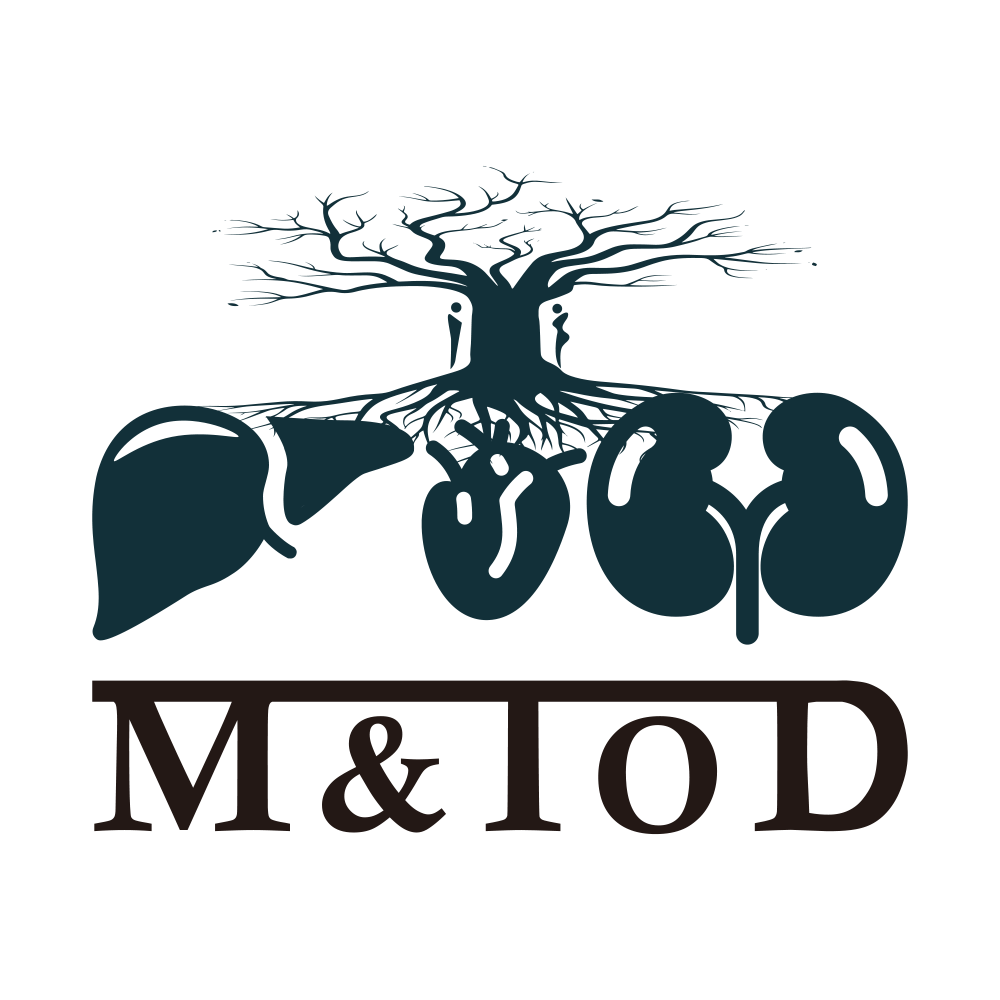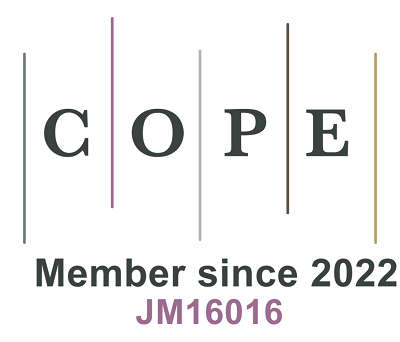
Topic: Metabolic Syndrome, Obesity, and Hypertension: A Deep Dive
A Special Issue of Metabolism and Target Organ Damage
ISSN 2769-6375 (Online)
Submission deadline: 15 Oct 2025
Guest Editors
Special Issue Introduction
Background and Rationale
The emerging paradigm of cardiovascular-kidney-metabolic (CKM) syndrome reframes metabolic dysfunction as an interconnected continuum driving multiorgan injury. Defined by the coexistence of obesity, insulin resistance, hypertension, dyslipidemia, and chronic kidney disease (CKD), CKM syndrome encapsulates a self-perpetuating cycle where metabolic disturbances fuel cardiovascular remodeling, renal impairment, and hepatic steatosis, while organ damage exacerbates metabolic dysregulation. This bidirectional crosstalk underpins escalating risks of heart failure, atherosclerotic events, and premature mortality, positioning CKM syndrome as a critical public health priority.
The global surge in obesity and hypertension—amplified by sedentary lifestyles, ultra-processed diets, and epigenetic vulnerabilities—has intensified the burden of CKM-related organ damage. For instance, adipose tissue inflammation in obesity triggers endothelial dysfunction and renal sodium retention, perpetuating hypertension.
Concurrently, hypertensive stress accelerates glomerulosclerosis and cardiac fibrosis, further impairing metabolic homeostasis. Despite growing recognition of CKM syndrome, gaps persist in elucidating its molecular drivers, early biomarkers, and strategies to disrupt its systemic progression. This Special Issue seeks to unravel the pathophysiology of CKM syndrome and its interplay with obesity and hypertension, while spotlighting therapeutic innovations to mitigate multiorgan damage.
Objectives
1. To delineate the pathophysiological mechanisms linking CKM syndrome to target organ injury, emphasizing the roles of oxidative stress, chronic inflammation, mitochondrial dysfunction, and neurohormonal activation (e.g., RAAS, sympathetic nervous system).
2. To investigate organ-specific and systemic interactions in CKM syndrome, including adipose-heart-kidney crosstalk, gut microbiota-derived metabolites, and hepatokine-mediated metabolic dysregulation.
3. To evaluate novel diagnostic and prognostic tools, such as omics-based biomarkers, advanced imaging for subclinical organ damage, and AI-driven risk stratification models.
4. To assess therapeutic strategies targeting CKM syndrome holistically, including weight-loss pharmacotherapy (e.g., GLP-1/GIP agonists), SGLT2 inhibitors, endothelin receptor antagonists, and precision lifestyle interventions.
5. To promote interdisciplinary frameworks integrating cardiology, nephrology, endocrinology, and public health to address socioeconomic disparities and optimize care delivery for CKM syndrome.
Topics Covered
● Molecular underpinnings of CKM syndrome: Insulin resistance, lipotoxicity, and fibrosis pathways in cardiovascular, renal, and metabolic tissues.
● Adipose tissue heterogeneity (white, brown, perivascular) and its role in hypertension, coronary microvascular dysfunction, and CKD progression.
● Organ-to-organ communication: Mechanistic insights into heart-kidney-liver crosstalk via exosomes, inflammatory cytokines, and metabolic intermediates.
● Sex, ethnic, and lifespan disparities in CKM syndrome susceptibility, complications, and outcomes.
● Emerging therapies: Combined pharmacological approaches (e.g., finerenone + SGLT2 inhibitors), gene-editing technologies, and metabolic surgery in reversing multiorgan damage.
● Precision medicine: Genomics, proteomics, and digital health tools for personalized risk prediction and treatment.
● Public health initiatives: Policy interventions, community-based prevention programs, and equitable access to CKM syndrome care.
Target Audience
This Special Issue invites contributions from cardiologists, nephrologists, endocrinologists, obesity specialists, hepatologists, translational researchers, and molecular biologists. It also engages epidemiologists, health economists, policymakers, and clinical trialists focused on bridging gaps between mechanistic insights and population health. By synthesizing cutting-edge research on CKM syndrome, obesity, and hypertension, this issue aims to equip clinicians and scientists with actionable strategies to combat the intertwined epidemics of metabolic dysfunction and target organ damage.
Submission Deadline
Submission Information
For Author Instructions, please refer to https://www.oaepublish.com/mtod/author_instructions
For Online Submission, please login at https://www.oaecenter.com/login?JournalId=mtod&IssueId=mtod25041510071
Submission Deadline: 15 Oct 2025
Contacts: Alani Luo, Managing Editor, [email protected]









